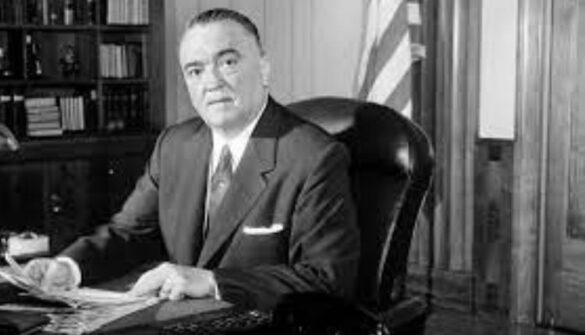Introduction:
- Edgar Hoover, a prominent figure in American history, is best known for his influential role as the Director of the Federal Bureau of Investigation (FBI) for nearly five decades. Throughout his tenure, Hoover transformed the FBI into a powerful agency, becoming synonymous with law enforcement in the United States. This article delves into the net worth of J. Edgar Hoover, analyzing the sources of his wealth, his controversial practices, and the impact of his legacy.
Body:
The Accumulation of Wealth:
- Edgar Hoover’s net worth was primarily derived from his salary as the FBI Director. Serving in this position for 48 years, from 1924 until his death in 1972, Hoover earned a substantial income. His salary grew significantly over the years, reaching a peak of $17,500 per year during the 1960s, which was an impressive sum for that era. It is estimated that Hoover’s total earnings during his time as FBI Director amounted to several million dollars.
Questionable Practices and Financial Power:
Hoover’s net worth was also influenced by his controversial practices as the head of the FBI. His tactics, including extensive surveillance, blackmail, and wiretapping, generated substantial power and control over influential figures in the government, politics, and business. This leverage allowed him to accumulate wealth indirectly through various means, such as illicit deals, kickbacks, and insider information. While the exact extent of Hoover’s personal financial gains from these practices remains uncertain, they undoubtedly contributed to his overall net worth.
Lavish Lifestyle and Real Estate Investments:
Throughout his career, Hoover maintained a luxurious lifestyle befitting his position of power. He owned multiple properties, including his famous residence at 4936 30th Place NW in Washington, D.C. Hoover’s home, known as the “Hoover Mansion,” boasted opulent furnishings, state-of-the-art security systems, and an extensive collection of art and antiques. Such extravagant investments added to his personal wealth and showcased his affinity for grandeur.
Hoover’s Legacy:
- Edgar Hoover left an indelible mark on the FBI and American law enforcement. Despite the numerous criticisms surrounding his practices, Hoover’s leadership strengthened the FBI’s investigative capabilities, particularly in the areas of organized crime, communism, and civil rights. However, his obsession with maintaining power and his controversial methods tarnished his reputation. After his death in 1972, the Hoover era ended, and subsequent reforms were implemented within the FBI to prevent the concentration of power in a single individual.
Conclusion:
- Edgar Hoover’s net worth was primarily derived from his long-standing career as the Director of the FBI. His salary, coupled with questionable practices and an extravagant lifestyle, contributed to his personal wealth. While Hoover’s legacy remains divisive, his impact on American law enforcement is undeniable. Today, the FBI operates under a different framework, emphasizing accountability, transparency, and respect for civil liberties.
FAQs:
- How did J. Edgar Hoover amass his wealth? Hoover accumulated wealth primarily through his salary as the FBI Director. However, there are also allegations of illicit financial gains through questionable practices and leveraging his power over influential figures.
- Did J. Edgar Hoover leave behind a significant inheritance? There is limited information regarding Hoover’s inheritance. However, it is known that he did not have any children or a spouse at the time of his death, which suggests that his wealth was likely distributed among other family members or charitable organizations.
What impact did J. Edgar Hoover have on the FBI? Hoover’s impact on the FBI was substantial. He transformed the agency into a powerful force, enhancing its investigative capabilities and creating a centralized intelligence system. However, his methods and controversial practices also led to criticisms and subsequent reforms within the Bureau.

